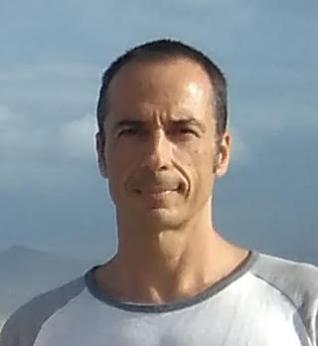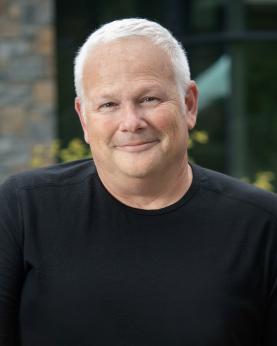Keynote Speakers
Sponsored by


Debbie Tikao
Director NZILA Registered Landscape Architect
Tuia Design
Debbie Tikao is the President and Chairperson of Tuia Pito Ora New Zealand Institute of Landscape Architects, the director of Tipu Design, and the manager of the Environmental Portfolio for Ōnuku Rūnanga. She is a panelist on the Christchurch City Council Urban Design Panel and is leading the process of developing a mountains-to-sea management and climate change adaptation and mitigation plan for Akaroa Harbour.
For 7.5 years she was the General Manager of Matapopore. During this time Debbie worked closely with local and central government to ensure post-earthquake Christchurch embedded the values and stories of mana whenua and emerged as a 21st-century city rich with meaning and character, expressing our dual histories and treaty partnership.
Debbie's Talk: "Te kori a te kō redefining our sustainable, prosperous future"

Dr Leanne Morgan
Associate Professor
The University of Canterbury
Dr Leanne Morgan is an Associate Professor at University of Canterbury, where she teaches groundwater hydrology at undergraduate and postgraduate level, and supervises Master’s and PhD research students. She is interested in understanding how hydrologic systems function, specifically the groundwater component. Her research areas include groundwater dynamics in coastal regions and groundwater - surface water interaction. She characterise field systems using various methods and parameters including pressure, conductivity and natural tracers. She tests processes and performs sensitivity analyses using analytic, numeric and physical modelling. She is Associate Editor for Journal of Hydrology Regional Studies and Hydrogeology Journal, and regularly reviews for several international journals.
She is also a Principal Investigator on the following MBIE Endeavour research programs:
- Subsurface processes in braided rivers - hyporheic exchange and leakage to groundwater (2019 - 2024)
- Transforming coastal lowland systems threatened by sea-level rise into prosperous communities (2021 - 2026)
Leanne's talk: "Sea-level rise impacts on groundwater: exploring misconceptions and future research needs."

Dr Fernando Méndez
Full Professor of Coastal Engineering
University of Cantabria, Spain
Fernando Méndez is Full Professor of Coastal Engineering at University of Cantabria, Spain. He is Head of the research group “Geomatics and Ocean Engineering Group”. His research lines are focused on building knowledge to Iincorporate CLIMATE and DATA SCIENCE in COASTAL ENGINEERING (databases of marine variables, statistical models of extremes, data mining, statistical downscaling, climate variability, climate change, tropical cyclones, dynamical downscaling, flooding and coastal erosion). On-going collaborations winth institutions in USA (Duke Univ., OSU, SCRIPPS, USGS, NOAA), Brazil (UFSC), New Zealand (NIWA, U. Auckland), Spain (UPC, Univ. Granada, AZTI, U. Coruña) and Australia (CSIRO, U. Sydney, UNSW).
Fernando's talk: "Compound Coastal Flooding Risk in a Changing Climate in areas affected by Extra Tropical and Tropical Cyclones."

Dr Rob Young
Professor, Coastal Geology
Western Carolina University
Robert S. Young is the Director of the Program for the Study of Developed Shorelines, a joint Duke University/Western Carolina University venture. He is also a Professor of Geosciences at Western Carolina University and a licensed professional geologist in three US states (FL, NC, SC). The Program for the Study of Developed Shorelines (PSDS) is a research and policy outreach center serving the global coastal community. The primary mission of PSDS is to conduct scientific research into coastal processes, storm impacts, hazard vulnerability and sea level rise and to translate that science into management and policy recommendations through a variety of professional and public outreach mechanisms. The Program specializes in evaluating the design and implementation of coastal engineering and restoration projects and helping communities develop coastal adaptation strategies.
He currently oversees more than $5.5 Million in grant-funded research projects related to coastal science and management and is leading a major project for the National Park Service to identify the vulnerability of all coastal park assets to coastal storms, erosion and sea level rise for the purpose of adaptation planning.
Rob's Talk: "The United States East Coast Enters The Anthropocene: Engineered Sediment Fluxes Overwhelm Natural Sediment Fluxes".

